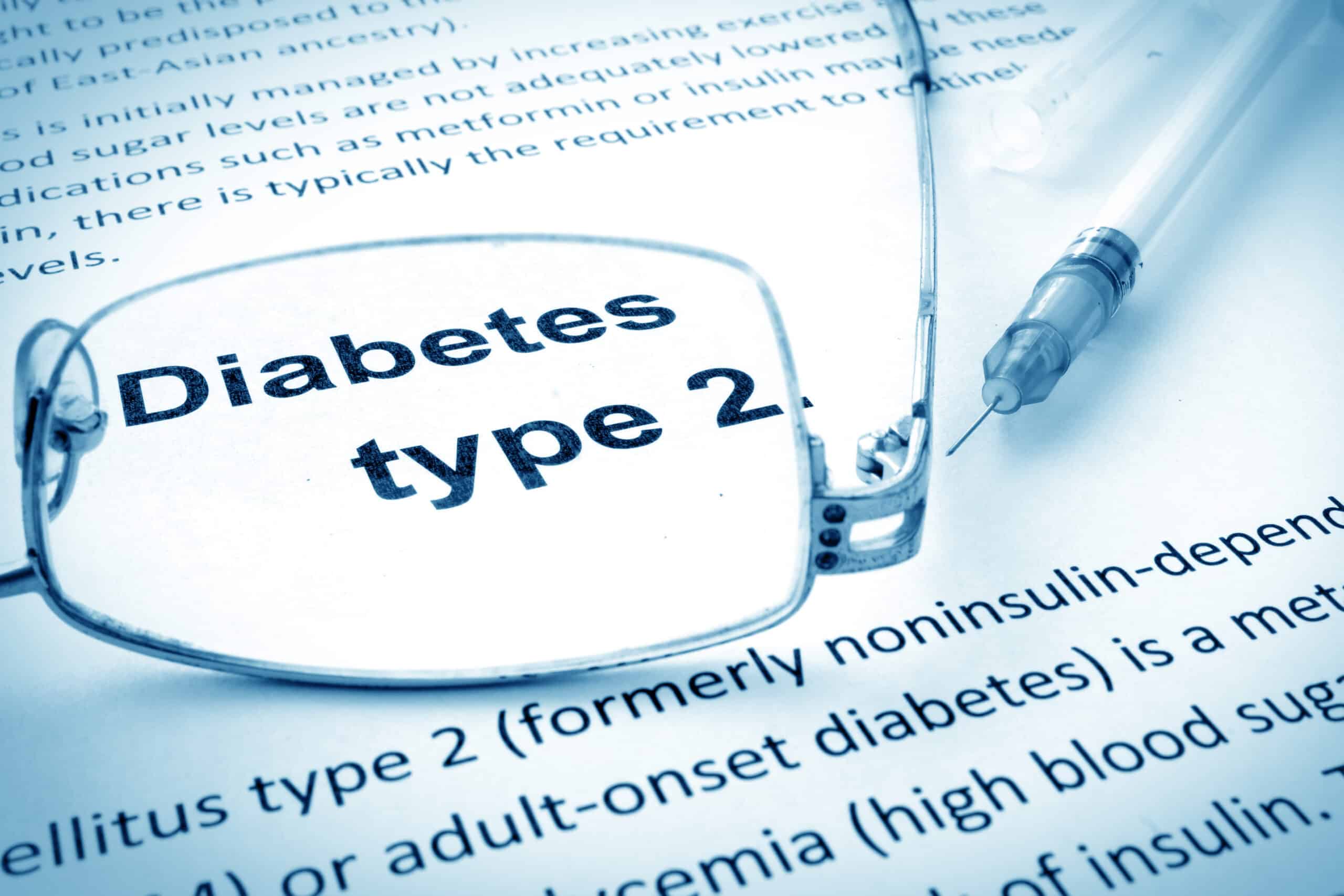Novel fasting interventions have gained scientific and public attention. Periodic fasting has emerged as a dietary modification promoting beneficial effects on metabolic syndrome and the 5-day Fasting Mimicking Diet (Prolon) has the most scientific support.
The original randomized trial was in healthy volunteers. Now a “proof of concept” study on patients on medication for Type 2 diabetes mellitus (DM) has been published.
Study Objective:
Assess whether periodic fasting reduces protein in the urine (albuminuria) in patients with Type 2 DM.
Study design/participants:
Individuals with type 2 diabetes (n = 40) and increased protein in the urine (albumin-to-creatinine ratio ACR) were randomly assigned to receive a monthly fasting-mimicking diet (FMD) for 5 days every month for 6 months or a Mediterranean diet followed by a 3-month follow-up.
Study Results: F
MD was well tolerated with 71% to 95% of the participants reporting no adverse effects.
After 6 months, FMD led to a reduction of protein in the urine (ACR) in patients with microalbuminuria levels at baseline but not in those with larger amounts called macroalbuminuria.
FMD reduced a research measure of insulin resistance called HOMA-IR.
At follow-up, only HOMA-IR reduction [-1.9 (-3.7, -0.1), P ≤ 0.05]) was sustained.
Study conclusions:
Improvement of microalbuminuria (ACR) and of markers of insulin resistance suggests the potential beneficial effects of periodic fasting in type 2 diabetes.
Study Comments by Authors:
“After six months, FMD led to significant reductions in body weight of 22 pounds, 1.4% decrease of hemoglobin A1C, and 59% improvement in HOMA-IR, a marker of insulin resistance. At the study’s end, antihyperglycemic medication was reduced in 67% of participants in the FMD group compared to baseline. In contrast, 21% of the participants of the Mediterranean Diet group had to increase their antihyperglycemic medication”
“For a diabetes program to effectively impact the daily lives of patients, safety, efficacy, and adherence are equally important,” said William Hsu, M.D., Chief Medical Officer at L-Nutra and former Vice President at Harvard’s Joslin Diabetes Center. “With these wide-ranging results, we have feasibility data to suggest that Fasting-Mimicking Nutrition Program, combined with personalized nutrition consultation, can be safely and effectively integrated into clinical practice to complement current practice.”




